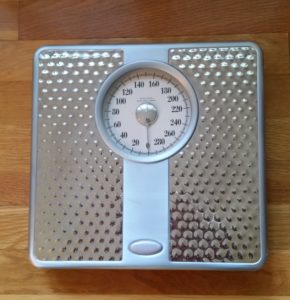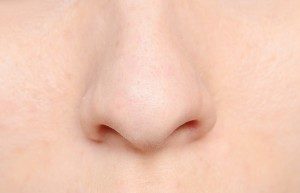 There has been a debate going on for a while about what is better for weight loss: intermittent fasting (eating only during designated time periods, without calorie counting) or actually cutting back calories. One recent study examined this issue and found that...drum roll.... the frequency of meals (and calories) a person eats every day is more important for weight loss than intermittent fasting.
There has been a debate going on for a while about what is better for weight loss: intermittent fasting (eating only during designated time periods, without calorie counting) or actually cutting back calories. One recent study examined this issue and found that...drum roll.... the frequency of meals (and calories) a person eats every day is more important for weight loss than intermittent fasting.
Main finding: Large or moderately sized meals (no matter when eaten) were associated with weight gain over the 6 year period of the study, while eating fewer, small meals were associated with weight loss. In other words, the number of meals eaten each day and meal sizes (calories), and not their timing, was most important in determining weight gain or loss.
The results did not support intermittent fasting (time-restricted eating) as a weight loss strategy. Instead, focus on calorie intake. Bummer... You didn't think it would be easy, did you?
Excerpts from Science Daily: Reducing total calories may be more effective for weight loss than intermittent fasting
The frequency and size of meals was a stronger determinant of weight loss or gain than the time between first and last meal, according to new research published today in the Journal of the American Heart Association, an open access, peer-reviewed journal of the American Heart Association. ...continue reading "Study Finds Calorie Intake More Important Than Timing of Meals For Weight Gain or Loss"

 The following is a study with weird results, really weird results. And it makes me think of all the times I've heard people joke: "just smelling food makes me gain weight", because we all knew it wasn't true. But what if it was true? .... The results of this study done in mice are that actually smelling the food one eats results in
The following is a study with weird results, really weird results. And it makes me think of all the times I've heard people joke: "just smelling food makes me gain weight", because we all knew it wasn't true. But what if it was true? .... The results of this study done in mice are that actually smelling the food one eats results in